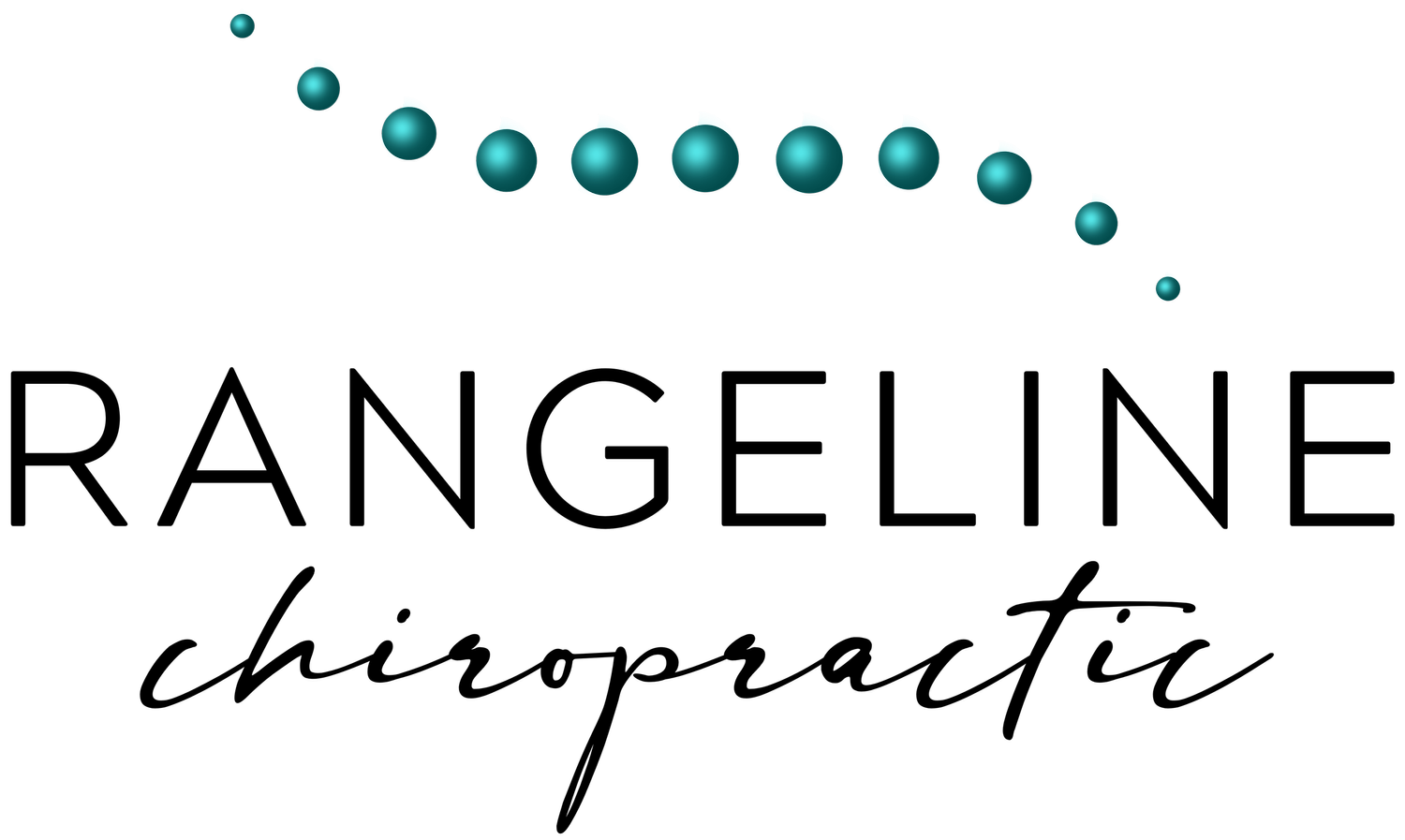Anxiety: Understanding the Symptoms and Supporting Your Mental Health with Chiropractic Care
Mental health concerns, particularly anxiety, continue to affect millions of individuals worldwide. As awareness grows, more people are seeking effective coping strategies and treatment options. But did you know that chiropractic care can be a powerful ally in managing anxiety? By optimizing the nervous system, chiropractic adjustments can help create a balanced foundation for mental well-being. Let’s explore the signs of anxiety, common triggers, and how chiropractic care can support your journey toward calm and resilience.
Recognizing the Signs of Anxiety
Anxiety manifests in various ways, often impacting both the mind and body. Recognizing these symptoms is the first step toward effective management. Common signs of anxiety include:
Persistent Worry or Fear: Overwhelming feelings of dread or apprehension that are difficult to control.
Restlessness or Feeling on Edge: Difficulty relaxing or sitting still.
Fatigue: Constant tiredness despite adequate rest.
Difficulty Concentrating: Trouble focusing or feeling mentally "foggy."
Irritability: Increased sensitivity to stressors and quickness to anger.
Muscle Tension: Stiffness or pain in the neck, shoulders, or back.
Sleep Disturbances: Difficulty falling or staying asleep, or experiencing restless sleep.
Physical Symptoms: Rapid heartbeat, sweating, headaches, nausea, or dizziness.
If these symptoms interfere with daily life, it’s crucial to seek professional help for a proper diagnosis and treatment plan.
Common Triggers of Anxiety
Understanding the causes of anxiety can help you manage it more effectively. Triggers vary by individual but may include:
Stressful Life Events: Major changes, such as a new job, moving, or loss of a loved one.
Trauma: Past experiences, including abuse or neglect, can contribute to anxiety.
Health Issues: Chronic illnesses or hormonal imbalances may exacerbate symptoms.
Environmental Factors: Excessive noise, overcrowding, or other stress-inducing environments.
Lifestyle Choices: Poor diet, lack of exercise, and inadequate sleep can all worsen anxiety.
Genetics: A family history of anxiety disorders may increase susceptibility.
While these triggers may feel overwhelming, understanding them is key to regaining control.
The Nervous System and Mental Health: A Crucial Connection
Your nervous system is at the core of how your body reacts to stress. The brain and spinal cord form the central nervous system (CNS), which communicates with every part of your body. When your CNS is functioning optimally, your body can better manage stress and maintain a state of balance (homeostasis).
However, when the nervous system is overwhelmed by chronic stress or subluxations (misalignments in the spine), it can exacerbate anxiety symptoms. These disruptions hinder communication between the brain and body, making it harder to process stress and triggering a cycle of heightened anxiety.
How Chiropractic Care Supports Anxiety Management
Chiropractic care offers a holistic, drug-free approach to supporting mental health. By addressing subluxations and improving nervous system function, chiropractic adjustments can help reduce the physical and emotional toll of anxiety. Here’s how:
Restoring Nervous System Balance: Adjustments correct spinal misalignments, enabling the nervous system to communicate more effectively and reducing overactivation of the stress response.
Reducing Muscle Tension: Anxiety often manifests physically as muscle tension. Chiropractic care alleviates tension, promoting relaxation and reducing discomfort.
Enhancing Circulation: Improved blood flow following adjustments helps deliver oxygen and nutrients to the brain, supporting cognitive function and emotional stability.
Promoting Better Sleep: Poor sleep is a common issue for those with anxiety. Chiropractic care improves spinal alignment, which can reduce discomfort and stress, leading to better sleep quality.
Supporting Stress Hormone Regulation: Chiropractic adjustments may help regulate cortisol levels (a primary stress hormone), fostering a sense of calm.
Complementary Strategies for Managing Anxiety
In addition to chiropractic care, integrating other wellness practices can further support your mental health:
Mindfulness and Meditation: Practice techniques that focus on the present moment to reduce racing thoughts and stress.
Physical Activity: Regular exercise, such as walking, yoga, or swimming, releases endorphins that improve mood and reduce anxiety.
Balanced Nutrition: A diet rich in whole foods, omega-3 fatty acids, and vitamins supports brain health.
Hydration: Staying hydrated helps regulate body functions and prevents symptoms like headaches and fatigue.
Therapy: Cognitive-behavioral therapy (CBT) or other therapeutic approaches provide tools for coping with anxiety.
Why Chiropractic Care Should Be Part of Your Wellness Routine
Unlike medications that often address symptoms, chiropractic care targets the root cause of nervous system imbalances. By fostering a well-functioning CNS, chiropractic adjustments empower your body to respond more effectively to stress and anxiety triggers.
Chiropractic care also integrates seamlessly with other mental health strategies, offering a non-invasive, natural approach to achieving balance and resilience.
Taking Control of Your Mental Health
Anxiety may feel like an overwhelming challenge, but it doesn’t have to define your life. By recognizing the signs, understanding triggers, and adopting proactive measures, you can regain control and enhance your well-being.
Chiropractic care provides a powerful tool to support your mental health, helping you address the underlying factors that contribute to anxiety and fostering a sense of calm and balance.
If anxiety is affecting your quality of life, consider incorporating chiropractic care into your wellness routine. Take the first step today by scheduling an appointment with a chiropractor, and experience the difference that a balanced nervous system can make in your journey toward mental and emotional health.
